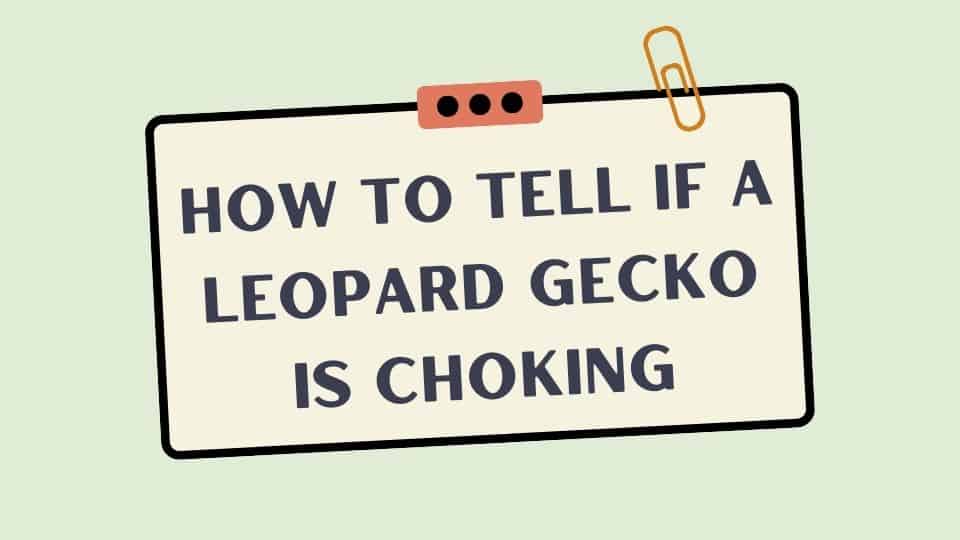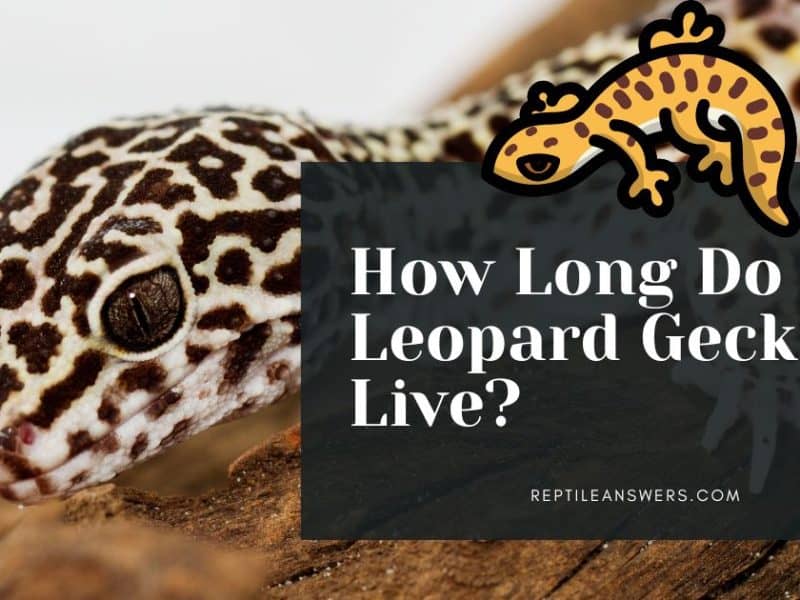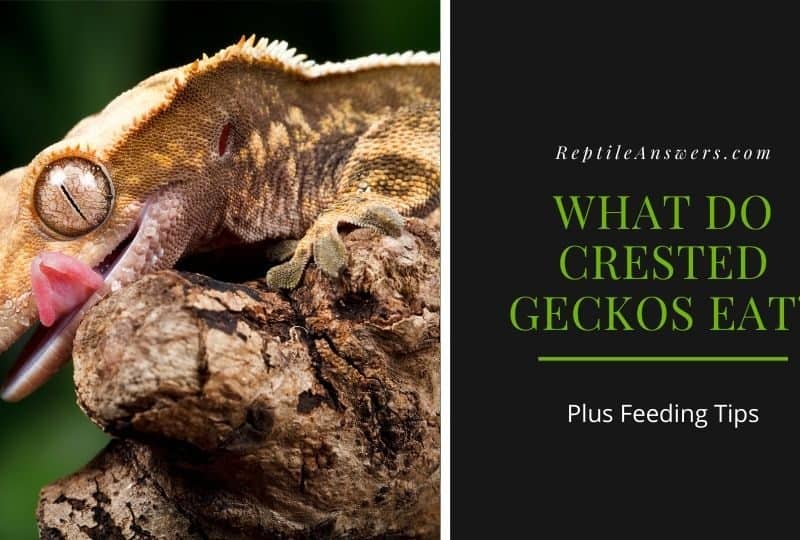Owning a leopard gecko can be a lot of fun, but it’s important to know how to tell if your gecko is choking. This blog post will discuss the signs of choking and what you should do if your gecko starts choking. Keep reading for more information.
Your leopard gecko’s tail and neck are becoming shorter and/or abnormally bent to one side. If you notice any of these signs, you should immediately take your lizard to the vet. You can also try to remove the obstruction yourself, but you should take it to a veterinarian if the problem persists.

Symptoms of a Choking Leopard Gecko
When a leopard gecko chokes, it often seems like it can’t take its food any further. It might point its head upwards in a vain attempt to swallow the food.
You might have to help remove the food from your gecko’s throat. While it’s unlikely that your gecko will choke on food, you should never leave your pet unattended while feeding it.
If you notice your gecko choking, the first thing you should do is get it to a veterinarian. If you can’t make it there, they may have an underlying issue that requires professional help.
In many cases, a leopard gecko choking situation is caused by an underlying issue that you can’t solve at home.
What to do if Your Leopard Gecko is Choking?
The first thing to do if you notice your leopard gecko choking is to remove the obstruction. If possible, moisten the obstruction with water. You can also try feeding your gecko smaller pieces of prey, such as crickets.
Be sure to stay calm, however, as panicked animals may unexpectedly react to stress. If you cannot remove the obstruction, you can get your leopard gecko to a veterinarian.
If you see your leo gaping, this might be an indication that it is choking. However, the animal will continue to chew the food until the blockage disappears, which is also a sign of regurgitation.
Symptoms of choking include increased activity, gaping after eating a larger insect, and regurgitation. If you observe any of these signs, you should consult a vet immediately.

How to Prevent Your Leopard Gecko From Choking
If you’ve ever had your leopard gecko choke on its food, you probably know that it doesn’t happen very often. Usually, geckos don’t choke, and the food is small. If your gecko does choke, it may be too young to handle bigger bugs.
It’s best to call your veterinarian and get them to help you. Otherwise, you can try these tips to avoid a leopard gecko choking.
First, make sure your leopard gecko does not swallow anything large. It is possible that it swallowed something that was too big for him or her to swallow. Another thing to watch for is dead prey. These things can attract flies, which lay eggs inside your gecko’s mouth while it is eating.
Also, watch for regurgitation and digestive problems. It’s best to monitor your leopard gecko closely so it doesn’t choke on a dead prey item.
Conclusion
If you think that your leopard gecko is choking on a bug, the first step to take is to remove it. You may be able to do this by using a pair of tweezers or another small instrument.
If the bug is larger than the leopard gecko’s mouth, it is probably too large for the animal to swallow. However, if it’s larger than the animal’s mouth, you can use a pair of tweezers to force the bug out. The next step is to monitor for regurgitation or other digestive problems.
The best course of action for the gecko is to seek professional help. A professional is the best option in this situation, as geckos do not have ambulances.
It is important to be patient and calm since panic and irrational thinking can put both you and your gecko at risk. If you cannot reach your gecko, seek help from a veterinarian immediately.



